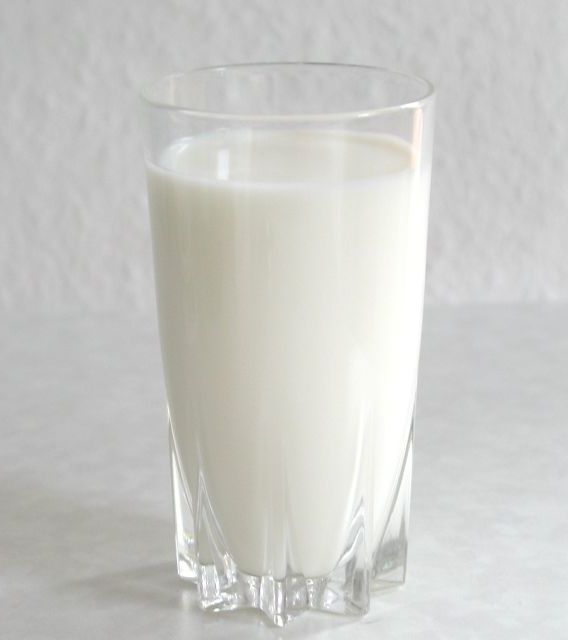I have some clients who need to avoid dairy products. Invariably when they find this out their first question is "Don't I have to drink milk to get calcium?" or "But how will I get my calcium?"
Calcium is important in the diet, not only for healthy bones and teeth, but also to support nerve and muscle health as well as for blood clotting. However it doesn't just come from cows (or goats or sheep or camels or any other milk giving mammal).
Most people think calcium is synonymous with milk. They've been so sold by the Milk Producers Federation that they feel they've gotta "get milk." However, milk, and other dairy products, are not the only way to add calcium to the diet.
For those who can't drink milk there are alternatives such as almond, soy, oat, hemp, and rice. And while the calcium and protein content of alternative milks vary (and is mostly added) it's important to remember that there are ways to get calcium without drinking milk, eating other dairy products, or drinking alternative milks.
As a means of comparison, whole milk provides 110 mg of calcium per 100 gram serving.
Other sources of calcium include:
sesame seeds - 989 mg per 100 g
sardines - 382 mg per 100 g
almonds - 266 mg per 100 g
flax seeds - 255 mg per 100 g
turnip greens - 190 mg per 100 g
brazil nuts - 160 mg per 100 g
collard greens - 140 mg per 100 g
spinach - 99 mg per 100 g
photo: Stefan Kühn

1 comment:
Thanks for the chart of calcium to grams of foods.
Post a Comment